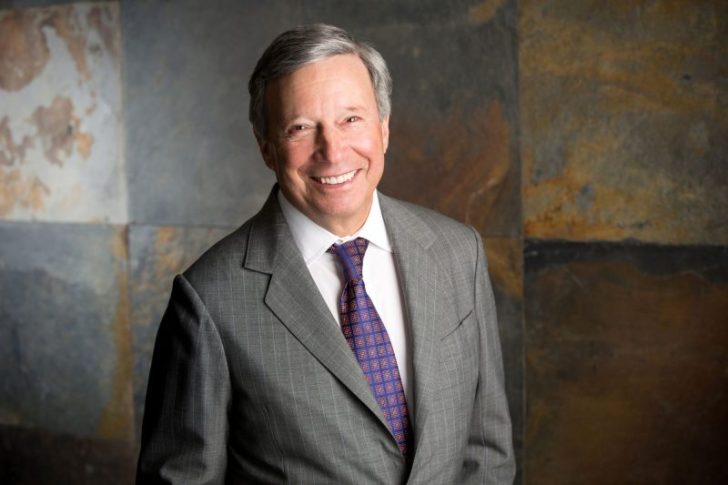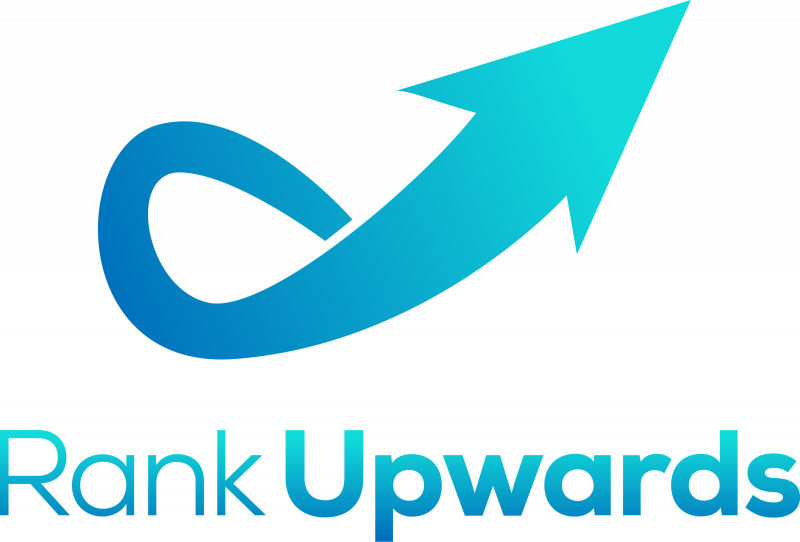Stoic philosophy is the first thing Robert Rosenkranz mentions when asked how he went from a financially insecure childhood to building billion-dollar private equity firms. He doesn’t talk about luck. He doesn’t have some secret trick.
Instead, he points to the ancient wisdom of Marcus Aurelius and Epictetus, dead guys who wore robes and sandals, and swears by their rules for how to think, act, and win.
In his new book, “The Stoic Capitalist: Advice for the Exceptionally Ambitious,” Rosenkranz lays it all out.
Stoic Philosophy
Essentially, Stoic philosophy teaches you to control what you can and ignore the rest. Rosenkranz learned that early. Growing up, money was tight. That fear didn’t crush him. It sharpened him. He used it as fuel, not an excuse.

Robert / IG / Rosenkranz, now 82, says it is the Stoic Philosophy that has enabled the self-made billionaire he is today.
He learned to separate feelings from facts. Panic? Useless. Regret? Pointless. He got good at asking, What’s in my control right now? That question became a habit.
When deals got messy or markets crashed, he didn’t flinch. He acted. Stoicism gave him mental armor.
Obstacles Are a Path Forward
A key Stoic idea: the obstacle is the way. Rosenkranz didn’t just read it. He lived it. He didn’t let early setbacks define him.
His first few deals weren’t home runs. Some were disasters. But he didn’t blame the world or spiral into self-pity. Stoic philosophy told him to learn, adapt, and move forward. Every mistake was feedback.
Every roadblock was a lesson. That mindset kept him from quitting, and it kept him getting better.
Emotions Don’t Make Decisions!
Rosenkranz doesn’t hate emotions. He just doesn’t let them drive the car. In “The Stoic Capitalist,” he writes about times when keeping calm made all the difference, like holding firm during a negotiation or staying cool when everyone else was panicking.
Stoic philosophy trains you to pause. To breathe. To think clearly when your brain wants to freak out. Rosenkranz used that skill in every deal, every boardroom, every risky call. And he is convinced it gave him an edge.
Focus on Process, Not Perfection
Perfection is a trap. Rosenkranz knows this. He doesn’t obsess over getting it right the first time. He focuses on the process, on doing what is in his control and adjusting when needed.

Robert / IG / You do your best, and you let go of the rest, Rosenkranz says. He talks about this in the book when describing how he evaluates companies.
Robert doesn’t chase perfect answers. He looks for strong patterns, clear risks, and room to grow.
So, the goal is not to control the outcome. It is to control the effort. Stoic philosophy teaches that discipline beats drama. Rosenkranz runs his life like that. And his business results show why it works.
Ambition Is NOT the Enemy
A lot of people think Stoicism means detachment or passivity. Not Rosenkranz. He is crystal clear on this: Stoic philosophy doesn’t mean giving up on ambition. It means aiming better.
In “The Stoic Capitalist,” he explains how ambition, guided by reason and grounded in values, becomes a force for growth. Stoicism doesn’t kill your drive, it focuses it. Rosenkranz didn’t want to just get rich. He wanted to build, lead, and leave something behind. Stoicism gave his ambition depth.
He didn’t climb by stepping on people. He climbed by staying clear-headed, long-term focused, and mentally unshakable. That is the Stoic way. And he wants everyone to do the same!


